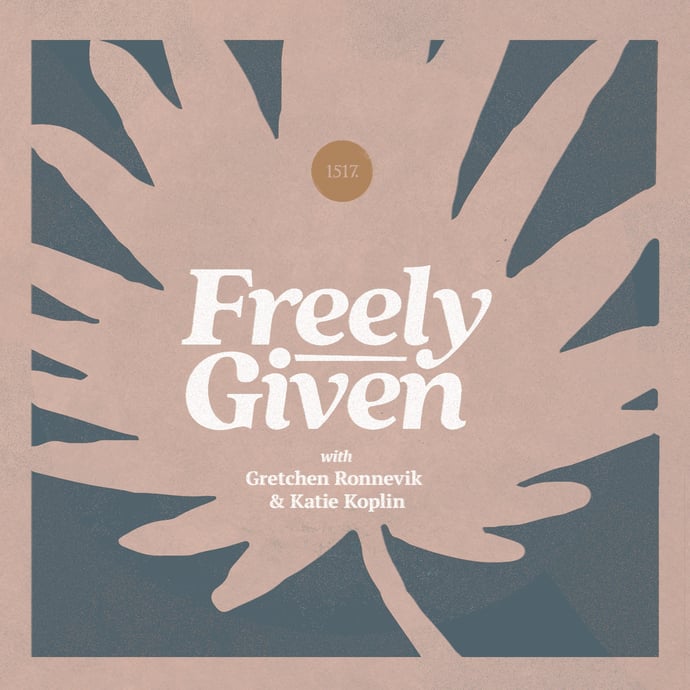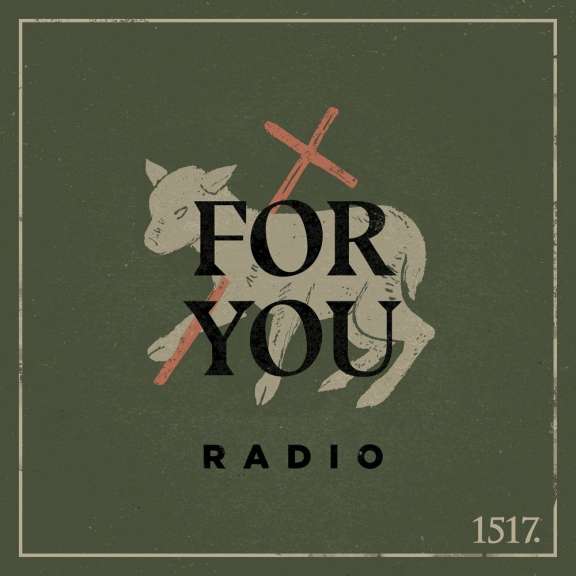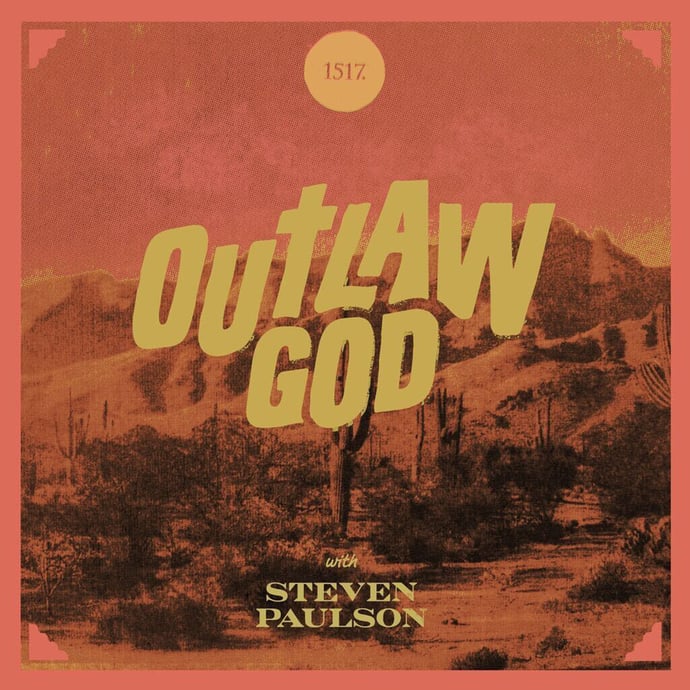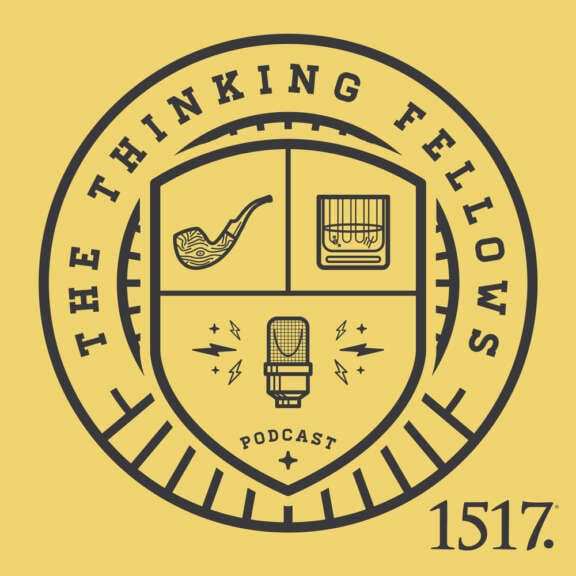We are discussing "I can do all things through Christ" in context of the rest of the passage, and then we discuss the story of Abraham sacrificing Isaac (rather... not sacrificing him) and whether or not Christians are called to sacrifice. Is that what this passage is talking about?
Podcasts
Each 1517 Podcast is dedicated to delivering Christ-centered content through weekly, monthly, and seasonal audio platforms. Listen online or on your favorite podcasting app.
Author
- All Authors
- Aaron Zimmerman
- Adam Francisco
- Amy Mantravadi
- Blake Flattley
- Bob Hiller
- Bradley Gray
- Brian W. Thomas
- Bror Erickson
- Bruce Hillman
- Caleb Keith
- Chad Bird
- Chris Rosebrough
- Christopher Gillespie
- Cindy Koch
- Craig Donofrio
- Dan van Voorhis
- Daniel Deen
- Daniel Emery Price
- Darrin Sheek
- David Andersen
- David Rufner
- David Zahl
- Debi Winrich
- Delwyn Campbell
- Donavon Riley
- Doug Klembara
- Edward Killian
- Elyse Fitzpatrick
- Erick Sorensen
- Flame
- Grant Klembara
- Gretchen Ronnevik
- Haroldo Camacho
- Jacob Smith
- Jared C. Wilson
- Jeff Mallinson
- Jeffrey Pulse
- Jessica Thompson
- Jim Nestingen
- Joel Fitzpatrick
- Joel Hess
- John Andrew Schreiner
- John Bombaro
- John T. Pless
- John W. Hoyum
- John Warwick Montgomery
- Katie Koplin
- Kelsi Klembara
- Ken Sundet Jones
- Magnus Persson
- Matt Popovits
- Michael Berg
- Michael Horton
- Nick Lannon
- Paul Koch
- Peter Nafzger
- Philip Bartelt
- Raleigh Sadler
- RJ Grunewald
- Robert Kolb
- Rod Rosenbladt
- Ron Hodel
- Sam Leanza Ortiz
- Sarah Condon
- Sarah Crowder
- Scott Davis
- Scott Keith
- Steven Paulson
- Tanner Olson
- Troy Neujahr
- Uwe Siemon-Netto
- Wade Johnston
- William Cwirla
-
Gretchen and Katie start to tackle out of context verses. These verses are commonly quoted, whether they are from signs, devotionals, motivational talks, or conversation, but without the context that makes sense of them.
-
Jesus came not only for the sheep, but apparently for the dogs as well. You won't believe what happens when she asks for a favor.
-
Dr. Paulson continues working through Paul's use of Exodus in his letter to the Romans.
-
It's easy to look at our faith through an emotional lens. Are you on an emotional high, or an emotional low? Are you on a mountaintop, or are things silent in the valley? What happens to your faith when you aren't "feeling it."
-
Dr. Paulson continues to talk about trial by observing the different ways the story of Abraham has been taught.
-
Sow, Jesus seeds a parable and a pun, and lettuce understand. But when the corn grows, what ears hear and what ears don't?
-
Caleb and Scott discuss free will, the fall into sin, and human reason.
-
Christian community is often described as the activity and programs going on at the church. Many people will join a church for the sake of having a tight knit community. But what does Christian community mean?
-
"Your faith has made you well" . . . except faith never believes in itself, but trusts only in its object, namely Jesus.
-
Dr. Paulson and Caleb are joined by Adam Guthmiller once again. This time they talk about faith and certainty in Luther's refutation of Erasmus.
-
A Luther House of Study student Adam Guthmiller joins Caleb and Dr. Paulson to discuss Luther's assertions concerning the faith.



